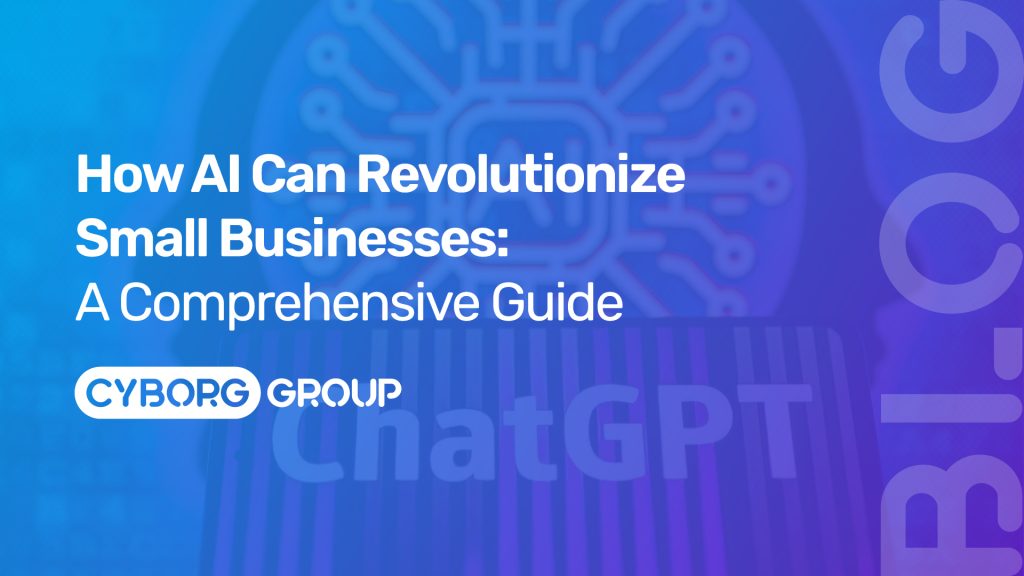Blog
How AI Can Revolutionize Small Businesses: A Comprehensive Guide
In the era of digital transformation, artificial intelligence (AI) has emerged as a game-changer for businesses of all sizes. For small businesses, in particular, AI offers a plethora of opportunities to streamline operations, enhance customer service, and drive growth. This article explores how AI can be a massive boon for small businesses, helping them compete with larger counterparts and carve a niche in the market.
Understanding AI and Its Potential
Artificial Intelligence, at its core, is about creating machines that can think, learn, and make decisions like humans. From chatbots and predictive analytics to automation and advanced marketing tools, AI is literally reshaping the way businesses operate. It’s not just about advanced technology; it’s about leveraging that technology to create more efficient processes, provide better customer service, and ultimately, increase profits.
AI in Customer Service
One of the most significant ways AI is being used in small businesses is to improve customer service. AI-powered chatbots, for instance, can handle customer queries 24/7, providing instant responses and saving businesses time and resources. These chatbots can be programmed to answer frequently asked questions, guide users through a website, and even assist with purchases. This not only enhances the customer experience but also frees up human resources for more complex tasks.
AI in Operations
AI can also simplify operations, making small businesses more efficient and productive. For instance, AI can automate repetitive tasks, such as data entry or scheduling, freeing up time for employees to focus on more strategic work. AI can also help with inventory management, predicting when stock will run low and automatically reordering supplies. This can save businesses massive amounts of time and prevent costly outages.
AI in Marketing
In the realm of marketing, AI is a game-changer. AI can analyze customer behavior and preferences, helping businesses create personalized marketing campaigns that resonate with their target audience. This can lead to increased engagement, improved customer loyalty, and ultimately, higher sales. AI can also help businesses understand the effectiveness of their marketing efforts, providing insights into which strategies are working and which ones need tweaking.
AI in Product Development
AI can also play a crucial role in product development. By analyzing customer feedback and market trends, AI can provide insights into what features or products customers want. This can help businesses stay ahead of the competition and meet the evolving needs of their customers.
Implementing AI in Small Businesses
Implementing AI in a small business doesn’t have to be a daunting task. Here are some steps to get started:
- Conduct an AI Audit: Identify areas in your business where AI could be beneficial. This could be anything from customer service to operations to marketing.
- Develop an AI Strategy: Once you’ve identified potential use cases for AI, develop a strategy for implementation. This should include clear goals and a timeline for achieving them.
- Evaluate AI Tools: There are many AI tools available, each with its own strengths and weaknesses. Evaluate different tools to find one that fits your needs and budget.
- Start Small: Don’t try to implement AI across your entire business at once. Start with one area, learn from the experience, and then scale up.
Conclusion
AI is no longer a luxury reserved for large corporations. With the right approach and tools, small businesses can leverage AI to improve their operations, enhance customer service, and drive growth. The potential of AI in small businesses is vast and largely untapped, making it a golden opportunity for those willing to embrace it.

Louis Williams
Developer & Owner








0 Comments